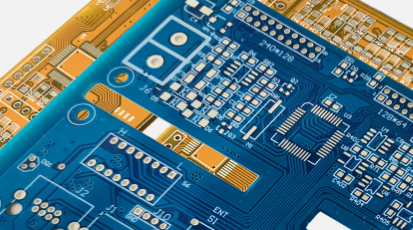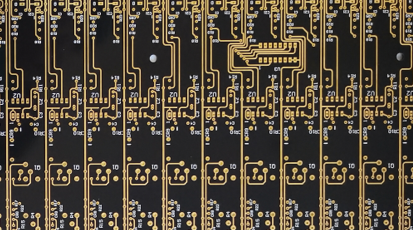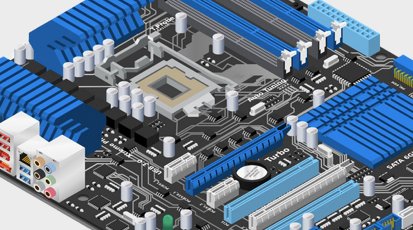Understanding IPC-A-610 Class 2 Standards in PCBA Manufacturing
By:PCBBUY 10/23/2025 16:38
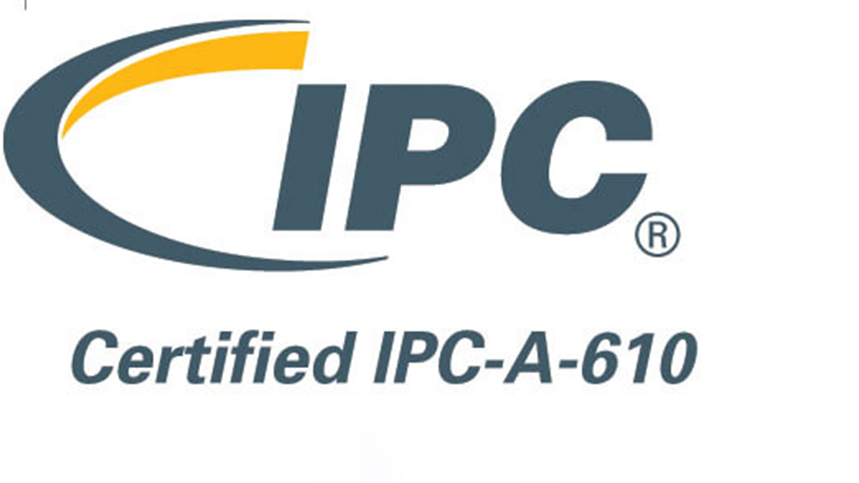
Quality is not merely an expectation in the electronics manufacturing industry but a fundamental requirement. Among the most widely recognized benchmarks for ensuring product reliability and consistency are the IPC-A-610 Class 2 standards. These standards serve as the foundation for high-performance electronic assemblies used in industrial, commercial, and communication equipment.
PCBBUY adheres strictly to IPC-A-610 Class 2 standards throughout the entire Printed Circuit Board Assembly (PCBA) process. Our manufacturing procedures are guided by international best practices, with particular emphasis on solder joint precision and post-assembly inspection, ensuring that all boards consistently meet rigorous requirements for durability, functionality, and performance.
1. What Are IPC A 610 Class 2 Standards?
IPC-A-610 is an international standard developed by the Association Connecting Electronics PCB Industries (IPC). It establishes the acceptability criteria for electronic assemblies, encompassing key aspects such as soldering quality, component placement, cleanliness, and overall workmanship.
IPC A-610 categorizes electronic products into three main classes:
-
Class 1: General electronics — products where function is the primary requirement (e.g., toys, simple devices).
-
Class 2: Dedicated service electronics — products that require higher reliability and longer life (e.g., industrial control systems, automotive electronics, medical instruments).
-
Class 3: High-performance electronics — products that must perform flawlessly, where downtime could cause serious consequences (e.g., aerospace, defense, life-support systems).
Most commercial and industrial clients choose Class 2 compliance because it offers an ideal balance between reliability and manufacturing cost. PCBBUY has structured its production lines to fully comply with these Class 2 standards, ensuring that every assembly meets professional-grade expectations.
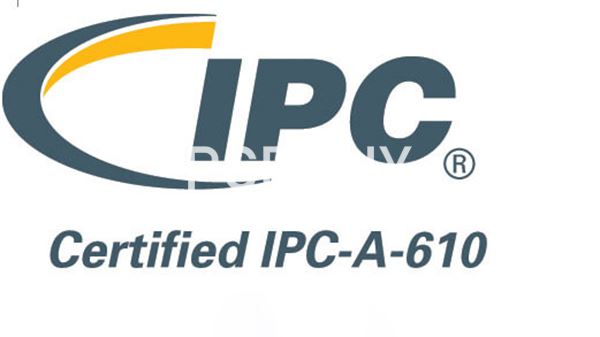
2. Why IPC A 610 Class 2 Standards Matter in PCBA Production
Compliance with IPC A 610 Class 2 requirements implies the adherence to the precision, cleanliness, and repeatability of quality. In the case of PCBA manufacturers like PCBBUY, the task is not limited to the creation of a working board but also the assurance of the stability of performance over time.
These standards are incorporated in the manufacturing process as:
• Accurate solder injury production with close oversight over temperature and reflow functions.
• Alignment and orientation of components checked through high speed vision systems.
• Control of cleanliness with use of ionic contamination test, and deionised water washes.
• Extensive training of all IPC-certified technicians.
These practices ensure that every assembly meets the physical and functional requirements of IPC Class 2, and therefore PCBBUY can give its customers confidence in every product delivery.
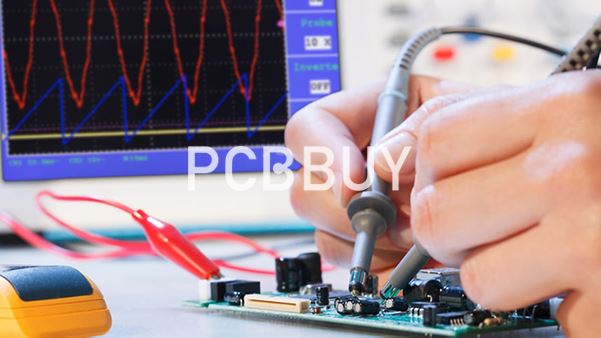
3. Key Quality Requirements Defined by IPC A 610 Class 2 Standards
The key areas that are under the control of these standards are:
Solder- joint acceptability: The individual joints analysis is done on whether it has been wetting and smooth fillets and no voids or cracks.
Mounting component precision: parts are supposed to fit and be firmly fastened together so that there is no electrical leak.
Cleanliness and residue management: contaminant may result in corrosion, or may indicate corrosion is; PCBBUY has clean up systems to ensure the meat is clean of any contamination through ionic cleanliness rates.
Coating and marking: conformal coatings are done as per IPC standards in order to protect against moisture, dust, and vibration.
PCBBUY has automated inspection devices (AOI) and X-ray inspection devices at each production stage to ensure that these Class 2 standards are met before boards are moved to the next stage.
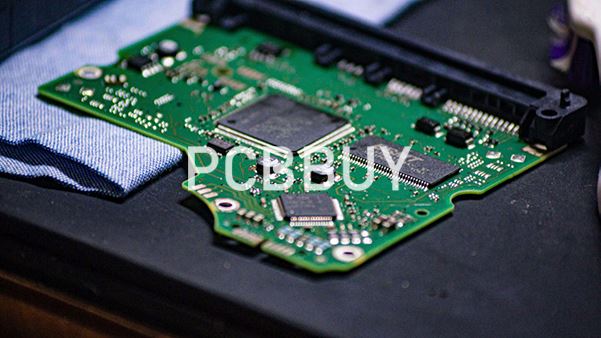
4. How PCBBUY Implements IPC A 610 Class 2 Standards
In PCBBUY, quality is not something that is added at the end of the process. Engineers use the IPC A610 Class 2 requirements of the DFM (Design for Manufacturability) in final assembly and testing.
Important areas of implementation include:
SMT and reflow control An optical system: Innovative SMT assembly lines with controlled paste inspection and temperature measurement support the stable solder joints and are in Class 2.
Random inspection AOI and X-ray: All boards are inspected in multiple stages to detect shortage of solder or in board placement and bridging.
Manual rework in the microscope: IPC certified technicians work with fine pitch components and BGA rework manually, with a precision tool of magnification.
End-of-line testing: an electrical verification of every assembly is conducted either pursuant to ICT (In-Circuit Testing) or FCT (Functional Circuit Testing) to ensure the reliability.
All production batches can be tracked, and all data about the processes is stored in a digital format, which allows PCBBUY to ensure consistency and transparency in all projects with customers worldwide.
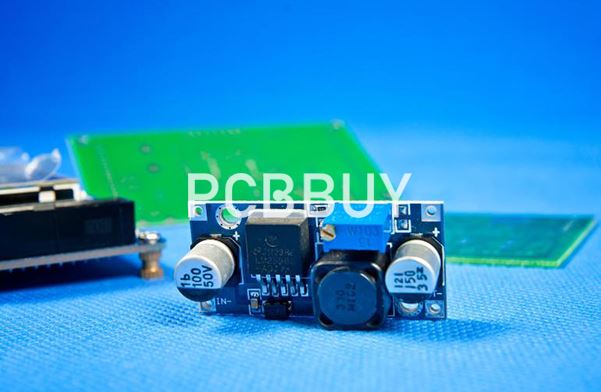
5. Benefits of Following IPC A 610 Class 2 Standards
To the clients, choosing a manufacturer that meets the IPC 610 Class 2 standards will be a direct conversion into quality and durability.
The key benefits include:
• Better reliability: boards are subjected to longer mechanical-thermal load.
• Less rework and waste: the manufacturing defects are reduced with the help of precise standards.
• Uniformity between batches: uniform procedures invariably leads to uniformity.
• International compliance: the standards meet international audit and certification standards ( ISO 9001, ISO 13485, etc.).
In the case of PCBBUY, compliance with these standards strengthens the mission of offering professional and high-quality PCBA services that enhance innovation and success of clients all over the world.
6. Industries That Depend on IPC A 610 Class 2 Standards
Numerous industries rely on Class 2 - compliant PCBA to ensure stability, especially in the areas where vibration, heat or high duty cycles are involved.
Common examples are:
• Industrial automation and control systems.
• Automotive electronics
• Communication and networking equipment.
• Consumer medical devices
PCBBUY has clients in all these industries and provides them with customized manufacturing solutions that suit the performance requirement of each industry.
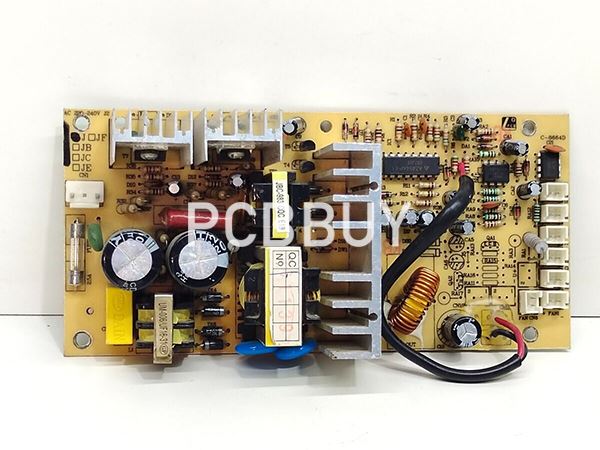
7. Why Choose PCBBUY for IPC-Compliant PCBA Manufacturing
At PCBBUY, each board leaving the facility has a promise of commitment to craftsmanship and international quality standards.
The advantages include:
• A PCBA fully automatic line that meets IPC and ISO certification standards.
• Proficient engineering staffs that are certified and trained to IPC standards A-610.
• 100 percent pre-shipment inspection and testing.
• International logistics network that guarantees customers delivery in time wherever they are around the globe.
PCBBUY is not a simple case of getting a supplier but rather a collaboration with a trusted producer that is concerned with the performance of its products and their success in the long term.
8. Conclusion
IPC-A-610 Class 2 standards represent more than a mere checklist; they embody a culture of precision, quality, and accountability in modern PCBA manufacturing.
We take pride in having fully integrated these standards into every stage of our production processes at PCBBUY. Whether you are developing industrial control systems, communication modules, or automotive electronics, our IPC-A-610 Class 2-compliant PCBA solutions deliver the reliability and performance your business requires.
PCBBUY – Your trusted partner for IPC A 610 Class 2-compliant PCBA manufacturing.
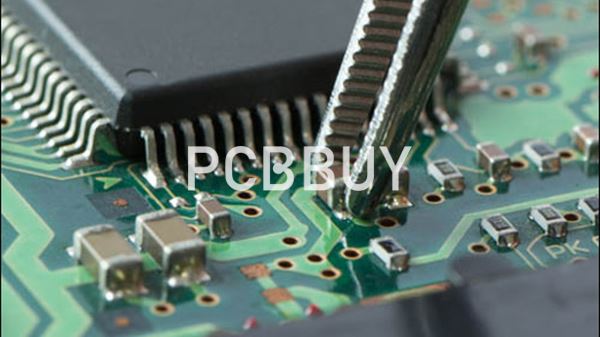
FAQ: IPC A 610 Class 2 Standards
Q1: What does IPC A 610 Class 2 mean?
It refers to the standard defining acceptable quality levels for electronic assemblies that require high reliability and extended life but are not mission-critical, such as automotive or industrial devices.
Q2: How does PCBBUY ensure compliance with IPC A 610 Class 2 standards?
PCBBUY applies strict process control, automated inspection, and technician certification programs to ensure that every product meets Class 2 criteria.
Q3: What’s the difference between Class 2 and Class 3?
Class 3 standards are stricter, used in aerospace and medical life-support products where zero failure is acceptable. Class 2 focuses on high reliability with balanced cost efficiency.
Q4: Can PCBBUY provide IPC-compliant inspection reports?
Yes, PCBBUY can include inspection and testing reports to verify IPC compliance for every production batch.
Industry Category

